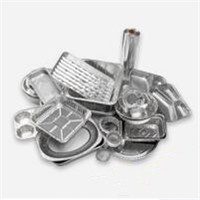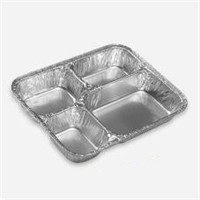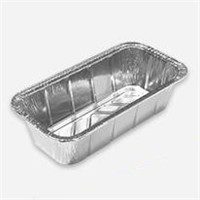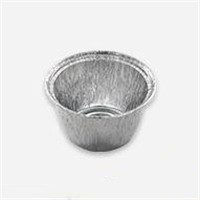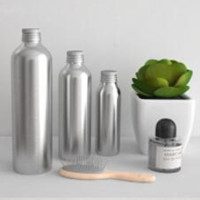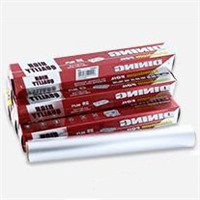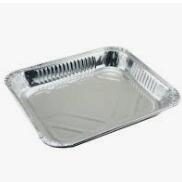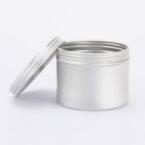To ensure proper usage of aluminum trays, here are some helpful tips:
- Cleaning before first use: Before using a new aluminum tray, wash it with warm water, mild soap, and a soft sponge or cloth. Rinse thoroughly and dry completely to remove any manufacturing residues.
- Avoid abrasive cleaners: When cleaning aluminum trays, avoid using harsh or abrasive cleaners, as they can scratch the surface. Instead, opt for gentle dishwashing detergents or baking soda mixed with water for tough stains.
- Use appropriate utensils: When using aluminum trays, avoid using sharp utensils or metal forks, as they can scratch or damage the tray’s surface. Instead, use silicone, wooden, or plastic utensils to protect the tray’s coating.
- Greasing or lining: Depending on the recipe or food being prepared, it may be necessary to grease or line the aluminum tray to prevent sticking. For baking, use a light coating of oil or non-stick cooking spray, or line the tray with parchment paper or aluminum foil.
- Avoid acidic or alkaline foods: While aluminum is generally non-reactive, it is best to avoid highly acidic or alkaline foods, such as citrus fruits or tomato-based dishes, for extended periods in aluminum trays. Prolonged exposure to these foods can cause a metallic taste and may lead to slight discoloration of the aluminum.
- Proper heat distribution: Aluminum trays conduct heat quickly, so it’s important to adjust cooking times and temperatures accordingly. Monitor the food closely to prevent overcooking or burning, especially when using high heat settings.
- Use oven mitts or potholders: Aluminum trays become hot when exposed to heat, so always use oven mitts or potholders to handle them safely. Avoid touching the tray directly with your bare hands to prevent burns.
- Storage and stacking: When storing aluminum trays, ensure they are completely dry to prevent moisture buildup and potential corrosion. To save space, consider stacking trays of the same size, placing a sheet of parchment paper or a cloth between each tray to prevent scratching.
- Recycle responsibly: Aluminum trays are recyclable, so if the tray is not heavily soiled or contaminated with food, rinse it and place it in your recycling bin. Check with your local recycling guidelines for specific instructions.
By following these tips, you can maximize the lifespan of your aluminum trays, maintain their performance, and ensure safe and effective use in various cooking and serving applications.



